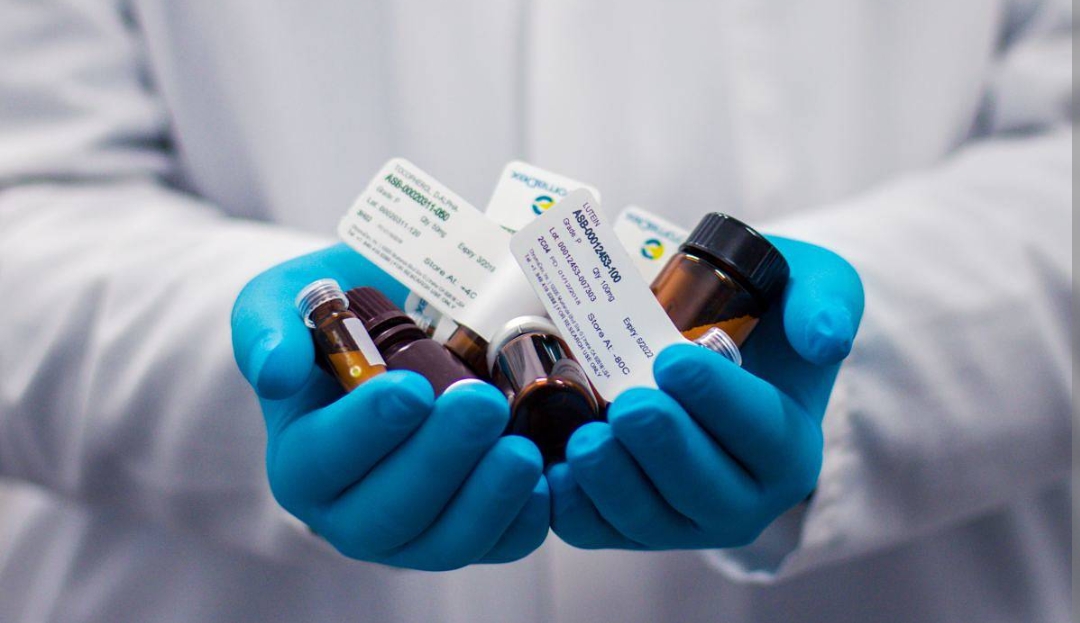
Five trends to watch out for in the pharma industry in 2021
With COVID-19 bringing the evolution in the healthcare industry, the pharma sector is going to have new trends. Consumer behavior has seen a substantial acceleration towards e-consultations through live video calls between doctors and patients, re-purchases of medicines through uploading doctor’s e-prescriptions, and home collection of blood samples are among the most relevant trends to look out for in the pharma industry in 2021. At the same time, in order to enhance quality and efficiency, the combined force of the Internet, data science, connected devices, and AI have accelerated the speed of digital transformation in pharma organizations. Artificial intelligence (AI) professional workforce, machine learning (ML), cloud computing, robotic process automation (RPA), and other technological fields are helping to accelerate drug repurposing and biomarker growth.
Services that go beyond medication
Instead of developing medicines (small molecules and generics) that begin at a time when a disease disrupts an individual’s normal healthy life, moving towards biologics that examine how diseases are expressed or contracted through genetic vulnerability and/or prevented by genetic resistance has created a new and increasingly increasing interest in pharmacogenetics, epigenetics, and genomes.
Digital automation is the new normal
In order to start benefiting from automation now, pharmaceutical companies are looking for ways to combine the advantages of shared support systems and shared environments. Pharmaceuticals, commercial manufacturing, product creation, and real-time monitoring are being decisively transformed by automation. By using sensors and recognition systems, technology will cultivate manufacturing excellence to help pharma achieve cost-effective compliance.
Research and Drug Discovery
Algorithms, Big Data, and early-stage trials using emerging technology help to greatly reduce the time and expense of selling new drug formulations. The entire data processing, clinical trials and testing research and development cycle is now so technology-oriented that pharmaceutical companies are gradually embarking on ‘health-tech’ partners and tech start-ups on the road to drug discovery, a pure science domain so far. Precision medicine has evolved, which allows for the study of how specific drugs can react to the genes of a patient. At the same time, healthcare providers and the pharmaceutical industry are now able to carefully track patient wellbeing through wearables that relay patient data on health and wellness, enabling them to provide real-time patient assistance.
Global collaboration in compliance and regulation
COVID-19 has led to cooperation, not competition, among the pharmaceutical regulatory bodies of each region. Regulatory bodies such as the US FDA and EMA will improve the ways in which the WHO operates. Because it concerns society at large, automation software for general standards and enforcement would be uniformly enforced. As the world increasingly brings technology to the ease of healthcare solutions, the pharmaceutical industry is challenged to ensure that their workers are as adept at meeting this demand and can keep up with consumer acceptance rates. Pharmaceutical companies need to upskill and train their workers at different contact points in the latest technologies and ways of communicating with consumers.
Pharma ecosystem in 2021
Modern patients have access to information on almost any aspect of a disease or illness, thanks to the Internet. This awareness helps them to be a participant in any health choices made. These motivated patients want to have a say in the care plan provided to them rather than passively visiting a physician and taking the drug prescribed to them. Technology-enabled solutions can assist the with adherence to treatment plans and help patients make lifestyle changes to prevent worsening symptoms, as well as provide healthcare providers with crucial input. Apps and digital channels will continue to grow into a wider health environment that tracks patients and contributes positively to their overall treatment as the new decade continues to unfold. As a result, selling a drug to providers and investing in R&D is no longer appropriate. Today in the pharma industry in 2021, in the decision-making process, healthcare providers should make sure they include patients.










